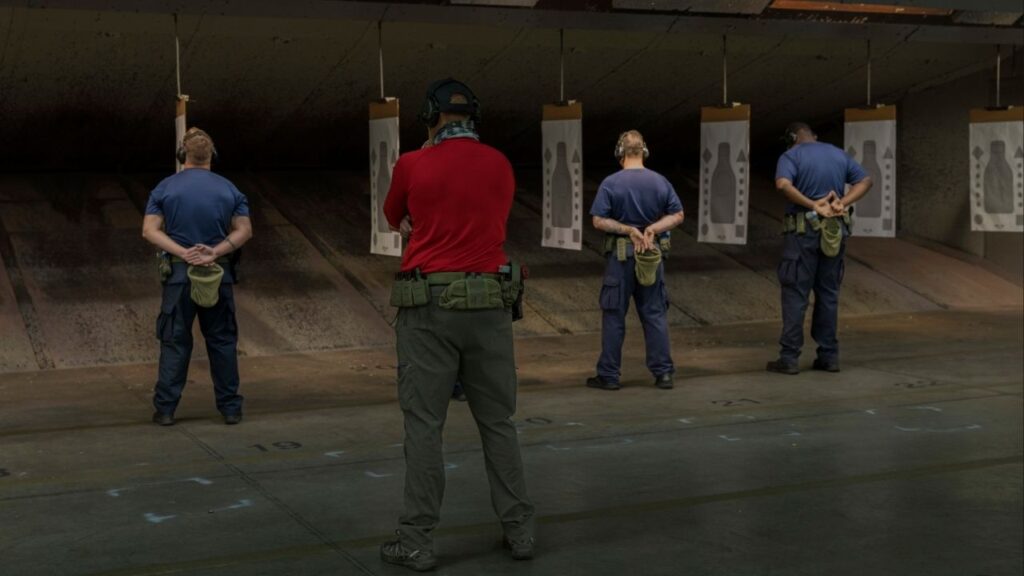Share
|
Getting your Trinity Audio player ready...
|
An assessment of Fresno Unified School District facilities has identified nearly $2.5 billion in needs, from building and site condition deficiencies to technology readiness and “educational suitability.”
How to pay for it, or at least a part of it? The district could ask voters to approve a bond measure, possibly as early as the March 2024 primary election.
The facilities needs and the results of a community survey on support for a new bond measure will be discussed by the School Board at a workshop Tuesday afternoon. The workshop will start at 5 p.m. and be held in the boardroom of the Education Center at M and Tulare streets.
The discussion will include a presentation by RSS Consulting on how the district can plan for facilities needs through an “equity lens,” which would examine historical inequities and “prioritizes students and neighborhoods” before considering each facility’s needs.
In addition, Lance Richards of the MGT Consulting Group is scheduled to discuss how his company assessed each of the district’s schools, using a 100-point scale, reviewing building and site conditions, “educational suitability or functionality,” and technology readiness.
Wide Range in School Conditions
A score of 90+ indicated new or like new conditions, 80 to 89 for good conditions, 70-79 for fair, 60-69 for poor, and below 60 for unsatisfactory and requiring the wholescale replacement of the building and/or a majority of its systems.
The average combined scores were 70 for elementary schools, 75 for middle schools, 78 for high schools, and 77 for alternative and special programs.
Across the four schools catetories, technology readiness averaged in the 90s, building condition in the 80s, and site condition in the 70s for all but alternative and special programs, which average an 80 assessment.
But the average for all school groups for educational suitability was 56 for elementary schools, 69 for middle schools, 72 for high schools, and 68 for alternative and special programs, with a range of 11 to 100 for elementaries, 52 to 93 for middle schools, 53 to 86 for high schools, and 9 to 96 for alternative and special education programs.
Educational suitability gauges how well a facility supports instructional programs, such as classroom size, traffic patterns, storage availability, and fixed equipment, district spokeswoman Nikki Henry said Tuesday.
The estimated costs to take care of all the district’s schools facilities needs is $1,231,887,800 for elementary schools, $483,785,500 for middle schools, $683,346,100 for high schools, and $100,376,200 for alternative and special programs.
A New Bond Measure?
Paying for at least a portion of it might come from upcoming bond measures, which are funded by property tax revenues. The district’s consultants conducted community surveys earlier this month and found strong support for a bond measure as large as $500 million on either the March primary or November general election ballots in 2024.
The survey by Fairbank, Maslin, Maullin, Mets & Associates interviewed 715 district residents likely to vote in the November 2024 election and was conducted in English, Spanish, and Hmong.
Seventy-one percent said they would support a $500 million bond measure, with 43% definitely yes, 18% probably yes, and 8% undecided but “leaning” yes.
School district bond measures must win approval from at least 55% of voters to pass. Measure M was approved in 2020 by nearly 60%.
The top five priorities cited by the survey respondents: Providing safe drinking water (94%); keeping schools safe and clean (90%); requiring public disclosure of all spending (89%); preparing students for 21st century jobs and careers (89%); and repairing deteriorating gas lines (88%).
Larger bond measures would mean an increase in property taxes. Fresno Unified currently has a tax rate of $213.86 per $100,000 valuation, the largest in the county. For a home valued at $300,000, the annual tax is $641.58.
Trustees considered a larger bond measure in 2020 but decided to limit Measure M to $325 million that meant a $25 increase. The smaller increase was approved by the board in recognition that higher property taxes would be difficult for the district’s many low-income families to afford.
The 2024 ballots could be crowded with bond measures that are under consideration now by Fresno Unified and other local school districts. Plus, backers of Measure E, a sales tax to benefit Fresno State, are gearing up to take another shot at winning voter approval.
RELATED TOPICS:
Categories

Dollar Weakens as US Tariffs Struck Down, Iran Tensions Rise

The European Union Hits Pause on Its US Trade Deal

















